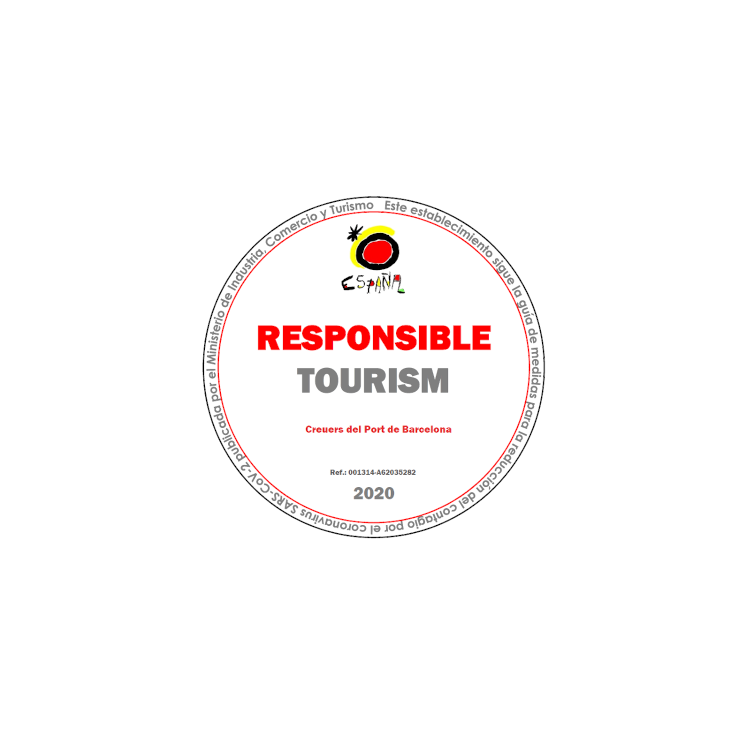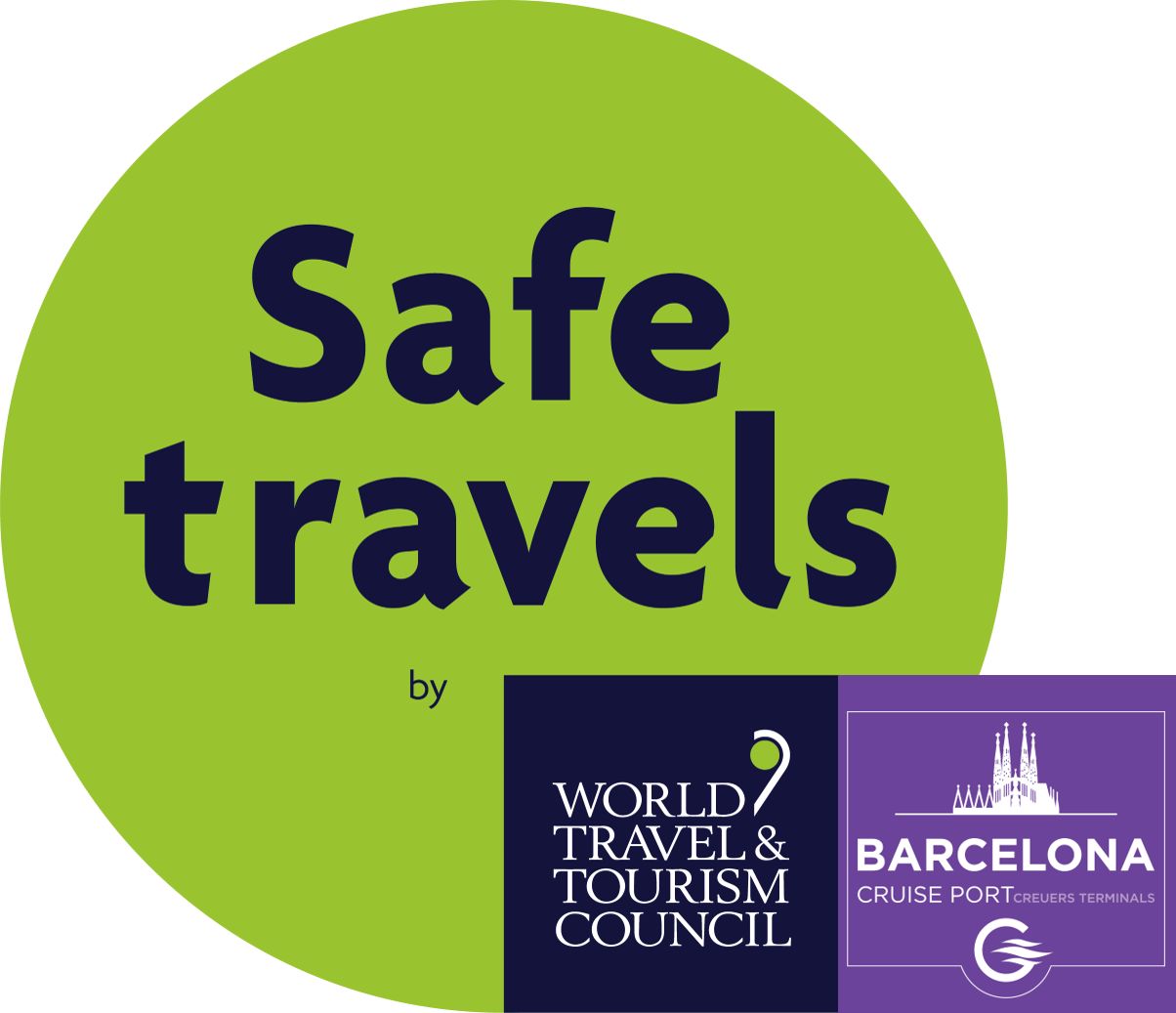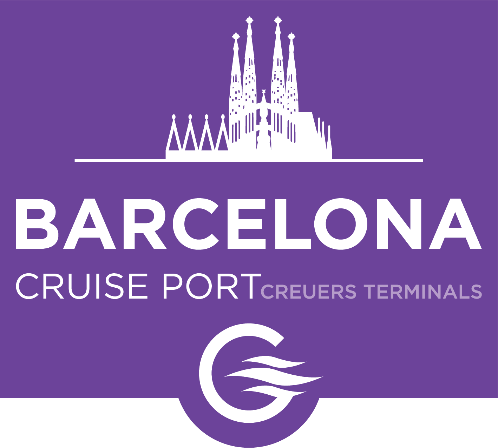These three concepts are fundamental in the Port of Cruises of Barcelona. We analyze them in the following sections in which we will explain the constant concern on the part of the management company to get the port to become a much more sustainable and respectful environment.
The Port Authority has been periodically analyzing the water quality of the port for two decades. The so-called "sheltered waters" of the site present different variations in the level of pollution, depending on whether they belong to Port Vell, in the north, or Moll Prat, in the south.
Pesticides, fluorene, toluene, mercury and nickel have been found among other substances. The closer to the mouth of the Llobregat, the higher the pollution index. Among the characteristics of the waters of the port we can mention the following:
- They have a higher temperature.
- They have a lower level of salinity, which affects their density.
- They are more murky because of the spills.
These waters, when receiving runoff from the rain and from the sea, are more prone to be divided into two layers. In the upper one, the sedimentation mentioned above can be easily observed. In the lower one, the current carries out a continuous renewal. The effort of the port management to know at all times the exact content of the waters is awful and has more than encouraging results.
To sustainability we must add the enormous commercial value of the Port of Barcelona. Its merchandise terminals have achieved the APM Terminals Barcelona and BEST certificates that guarantee that each container will be handled and stored correctly to avoid any type of damage.
In addition, each container will be delivered with the original seal. The commitment extends to all merchandise that passes through the PIF (Border Inspection Point) and that has been inspected by a customs agent or the authority. The commitment obliges the management of the Port of Barcelona to pay the indemnities stipulated according to the certificates mentioned above.
The port has ceased to be a space exclusively for the professionals of the transport of merchandise or travelers. Now it's also part of the city, so it is essential to apply more stringent measures in regard to environmental care.
The unstoppable increase in passenger traffic has led shipping companies to adapt as soon as possible to Annex VI of the Marpol agreement that regulates the emission of polluting gases and waste from each cruise.
This adaptation also implies greater work on the part of the managers of the Port Authority, who are in charge of making this urban space more accessible to travelers. The port service is now faster thanks to the technology, but also the changes in the appearance of the port have been as important as they are necessary.
The renovation of the draft, to accept larger ships, the construction of new passenger terminals and the smart port concept, which facilitates all efforts, have been key aspects to make the port of Barcelona as modern as sustainable.
Globalization requires, therefore, that the port cease to be a kind of annex to the historic center to become a commercial engine that, of course, must respect the environment to facilitate its integration into urban planning in Barcelona. Not in vain, after the profound renovation suffered by the city before the 1992 Olympic Games, the port has managed to become one of the most important economic engines of the local economy.
BARCELONA CRUISE PORT GETTING READY FOR OPERATIONS RESUMING


-
Cruise Terminal staff and all stakeholder companies involved in operations have been trained and are ready for starting over the activity at the Terminals.
-
Our Terminals have been equipped and all necessary measures have been implemented to assure safe operations at port.
-
The terminals have implemented complete procedure with measures to be applied along operations at port to prevent possible infection of COVID19.
BCP one of the first ports to obtain the'Safe Travels' Stamp’,as safe infrastructures preventing COVID-19, granted by the World Travel & Tourism Council, the leading global association in the sector.
Has also obtained the 'Responsible Tourism' quality stamp, granted by the Ministry of Industry, Commerce and Tourism of the Government of Spain, recognizing the application of the guidelines and recommendations approved by the Ministry of Health.





